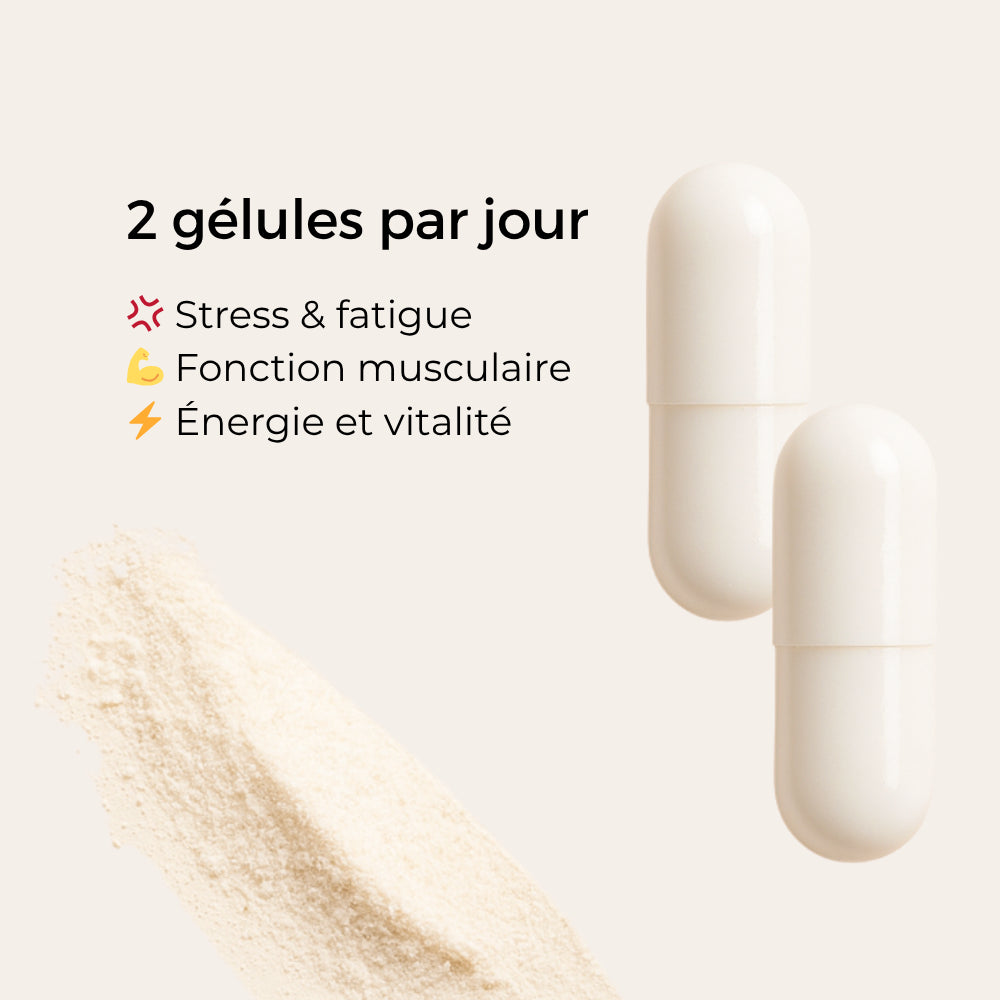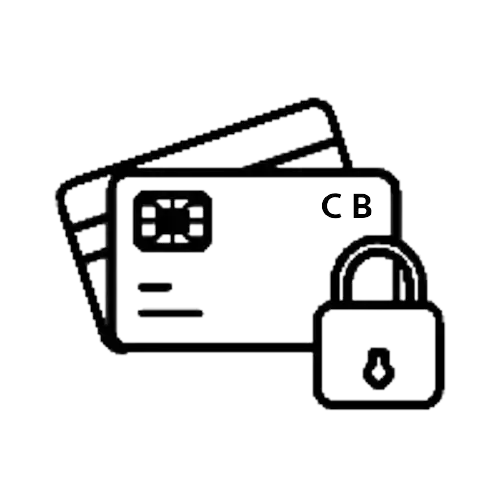
Stress at work: understanding, calming and regaining serenity
Workplace stress has become an unavoidable reality in the modern world. It can affect our mental well-being and physical health, thus impacting our quality of life. However, there are effective ways to manage and reduce this stress, improving the situation for many employees. This article offers techniques and tips for a more peaceful daily life, whether you are a manager or an employee.
Following this same principle of naturalness, Délicure's sugar-free Saffron B6 gummies offer a gentle, everyday stress-relieving option . Formulated without added sugar, they combine saffron extract—valued for supporting emotional balance—and vitamin B6, known to contribute to the normal functioning of the nervous system. A small gesture, easy to incorporate into your routine, that promotes a sense of calm and supports serenity throughout the day.






















